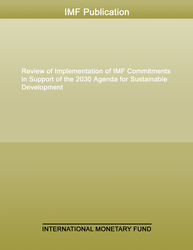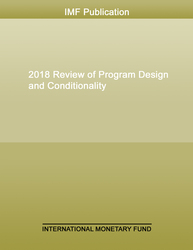
Liberalizing Capital Flows and Managing Outflows - Background Paper
Liberalizing Capital Flows and Managing Outflows - Background Paper
READ MORE...
Volume/Issue:
Volume 2012
Issue 014
Publication date:
ISBN:
Add to Cart by clicking price of the language and format you'd like to purchase
Available Languages and Formats
Topics covered in this book
This title contains information about the following subjects.
Click on a subject if you would like to see other titles with the same subjects.
Exports and Imports , PP , capital flow , capital control , outflow control , net capital , central bank , monetary policy , foreign currency , private sector , Capital flows , Capital controls , Capital inflows , Capital account liberalization , Global
Summary
Liberalization of capital flows can benefit both source and recipient countries by improving resource allocation, reducing financing costs, increasing competition and accelerating the development of domestic financial systems. The empirical evidence, however, is mixed on the benefits, and it suggests that countries benefit most when they meet certain thresholds related to institutional and financial development. The principal cost of capital flow liberalization stems from the economic instability brought on by volatile capital flows. In extreme cases, sudden stops or reversals in capital inflows can trigger financial crises followed by prolonged periods of weak growth.
Copyright © 2010 - 2026
Powered by:
AIDC



